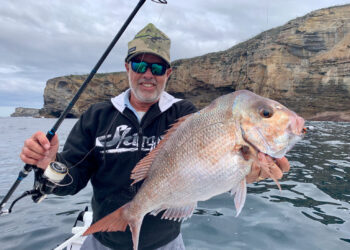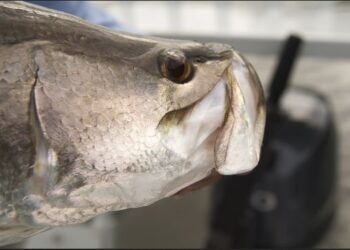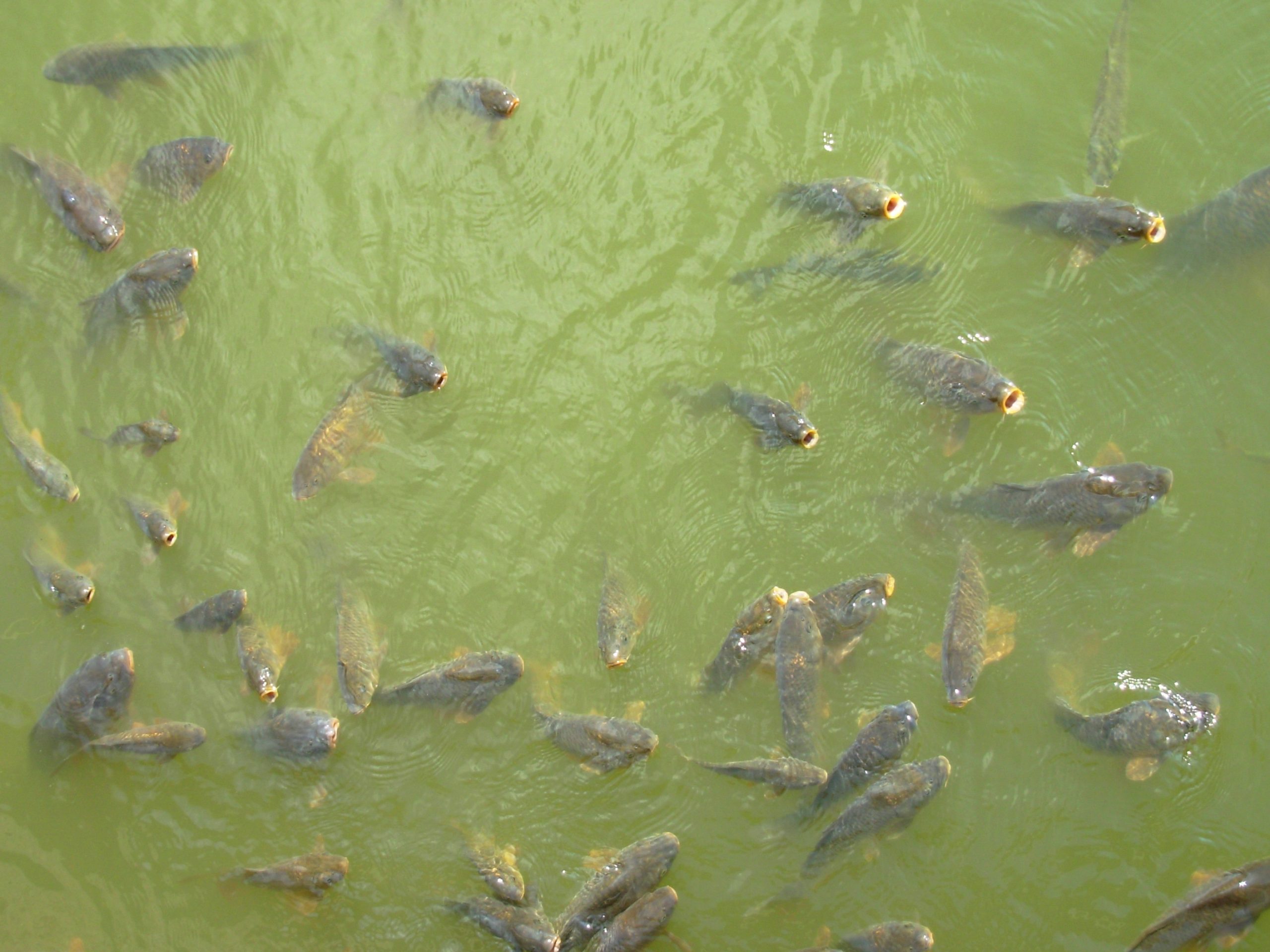AN economic study has confirmed that recreational fishing is one of the largest contributors to the economies of towns in the Murray-Darling Basin.
The study, released by the newly established Murray-Darling Basin Recreational Fishing Council, highlights the importance of sustaining healthy and sustainable fishing in the vast river system.
For rec fishing groups the study’s findings should prove a welcome contrast to recent mainstream media reporting of water allocation conflicts within the agricultural sector; the data highlights the environmental benefits of maintaining adequate water flows for sustaining native fish populations and maximising the development of rec fishing’s socio-economic boon.
Chair of the Murray-Darling Basin Recreational Fishing Council, Christopher
Collins said, “For the first time, this research highlights the significance of recreational
fishing to regional communities in the Basin.
“On average, recreational fishers go fishing in the Basin 12 times per year, individually spending around $262 each trip. With approximately 430,000 fishers in the Basin, recreational fishers spend around $1.3 billion each year when fishing in the Murray-Darling Basin.”
The study also found that recreational fishing contributes approximately $403 million to Gross Domestic Product, and employs around 10,950 people.
“These findings remind us that there’s more to regional communities in the Murray-Darling Basin than irrigation. These results highlight that healthy fish and fish habitats are critical to the economic viability of our regional communities,” said Collins.
With the Murray-Darling Basin Authority planning to release the draft Basin Plan for
public comment next week, Collins said “It is vital that the needs of our native
fish communities are met in the draft Basin Plan. When you read the Plan it will be
important to consider ‘what is this plan doing for our fish?’ because what you are
really asking is ‘what will this plan do for our regional communities?”
“The take home message from this research is a simple, but important one,” Collins said.
“Healthy rivers mean more fish. More fish means more fishers spending money in the Basin. And that is a key ingredient for healthy regional communities.”
The study can be downloaded HERE.




















